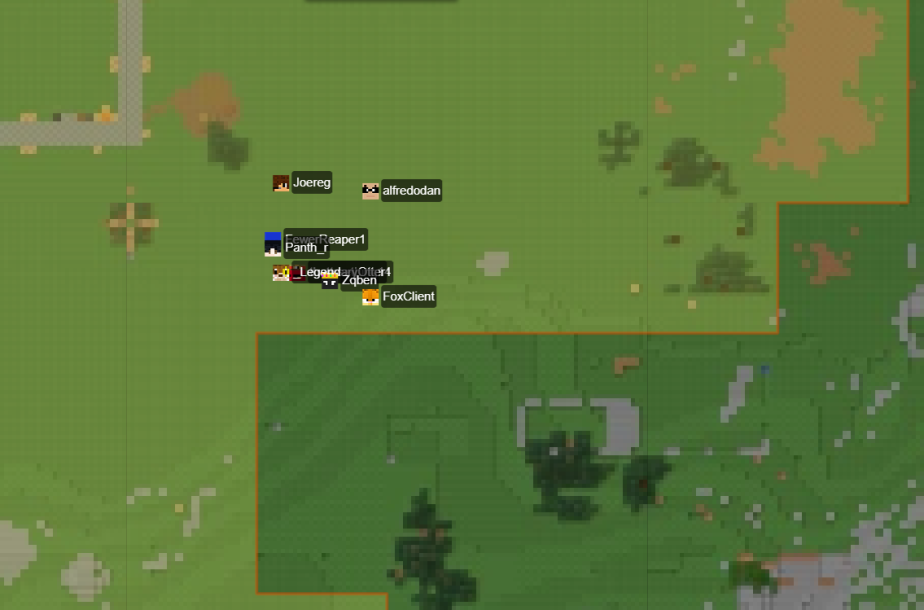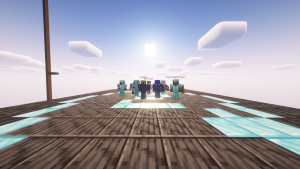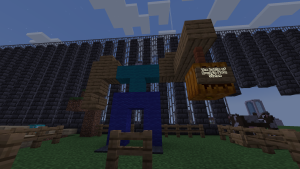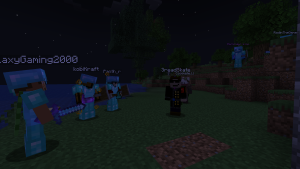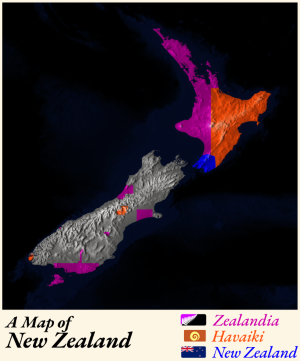Aurora:Zealandia-Havaiki Secession: Difference between revisions
No edit summary |
No edit summary |
||
| Line 39: | Line 39: | ||
Following the war, both nations agreed to territorial cooperation in their peace treaty, allowing them both to grow and maintain peaceful relations. | Following the war, both nations agreed to territorial cooperation in their peace treaty, allowing them both to grow and maintain peaceful relations. | ||
[[File:Nzmap1resized.png|frame|left|First public claim map following the war, designed by FroyourFilms]] | [[File:Nzmap1resized.png|frame|left|First public claim map following the war, designed by FroyourFilms]] | ||
This peace was maintained until the 23rd of July, 2024, when Zealandia began their offensive initiative on Havaiki's capital, Atua, following a series of disputes and killings. | |||
Revision as of 06:21, 24 July 2024
The Zealandia-Havaiki Secession also known as the Zealandia Independence War, was a conflict beginning on May 29th, 2024. It was oriented around Zealandia, a seceding nation based in Port Jason, which was a town previously governed by the Republic of Havaiki.
History
Beginning
The conflict began on the 29th of May when the mayor of Port Jason (Baconmayonaise1) held an independence vote following a dispute between multiple Havaikian residents. When the results returned in favor of independence, Zealandia, a sovereign entity separate from the Republic of Havaiki was established. The split lead the Havaikians to release a public denunciation.
Zealandia's Mercenaries
During the heat of the war, Zealandia made the choice to hire Dian residents as mercenaries to fight alongside them in the war. As a result of this, Zealandia was met with heavy backlash from Havaiki-aligned nations.
Battle of Atua
The Battle of Atua took place on the 2nd of June and was an attack by the Zealandians on Havaiki. An estimated peak of 15 players were involved in the clash, both nations suffering an undocumented number of casualties. The motivation behind the attack allegedly stemmed from a Havaikian who entered Zealandian territory and threw out insults.
Ceasefire
Following the Battle of Atua, on June 3rd, a ceasefire was called, although it was later disregarded.
June 7th Pilbara Attack
The June 7th Pilbara Attack was an on-foot invasion of Zealandia by the Pilbarans. It began with 4 Pilbaran troops who likely ventured from the southern tip of Te Ika-a-Māui to New Plymouth, where a standoff between defending Zealandians and attacking Pilbarans began. The standoff eventually escalated into a short battle which ended with a reported 4 or 3 casualties for Pilbara and 0 for Zealandia (although a Zealandian was killed earlier while the troops were in transit).
2nd Ceasefire
A second ceasefire was called, this time with success.
Peace Treaty
On June 16th the Treaty of Peace between the Republic of Havaiki and Zealandia was signed, ending the conflict promptly.
Global Impact
Following the beginning of the war, nations such as Cascadia, Pilbara, The Himalayas and Laurentia expressed their support for Havaiki, whereas Dian expressed its support for Zealandia.
However, in the subsequent phases of the conflict, The Himalayas chose to become neutral.
Aftermath
Following the war, both nations agreed to territorial cooperation in their peace treaty, allowing them both to grow and maintain peaceful relations.
This peace was maintained until the 23rd of July, 2024, when Zealandia began their offensive initiative on Havaiki's capital, Atua, following a series of disputes and killings.
